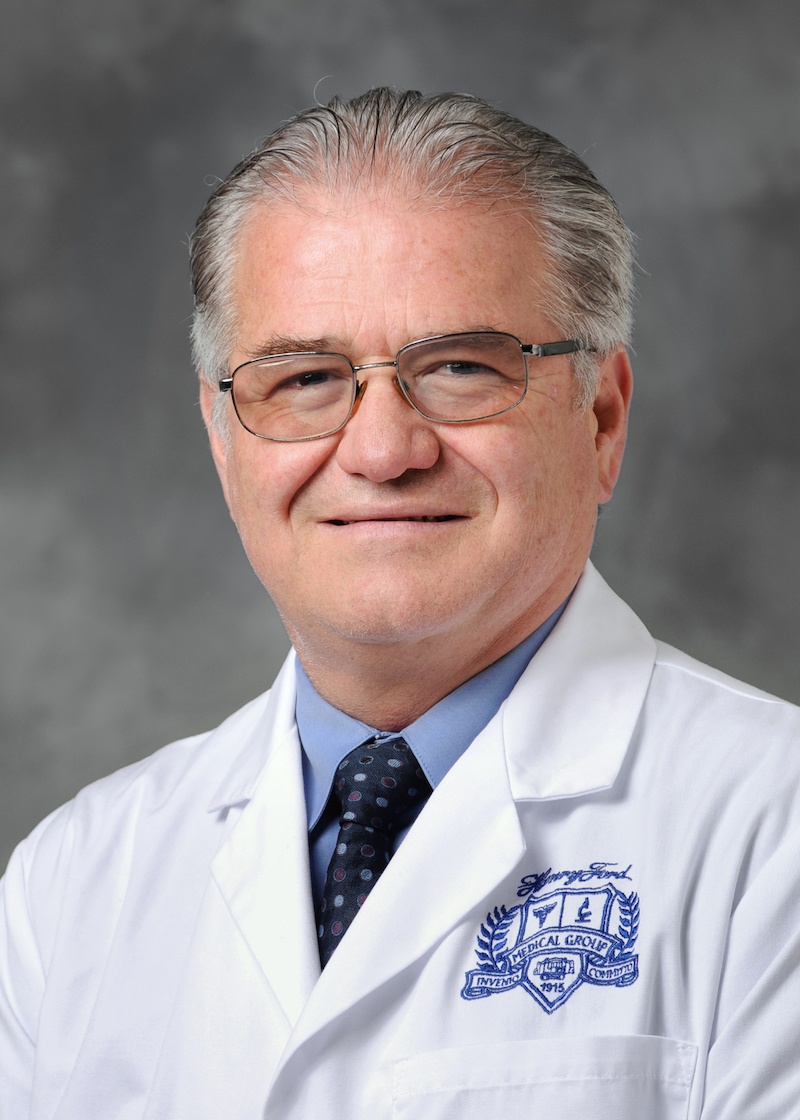
Dr. William O’Neill, who specializes in cardiology at Detroit’s Henry Ford Hospital, developed a method of cardiogenic shock treatment that brought the condition’s previously unstable survival rate up to a steady 72%. This year, he received an Excellence in Care Award for the innovation, which has been implemented in hospitals across the country. Find out more about the Excellence in Care Awards here.
Hour Detroit: Why did you choose cardiology as your specialization?
Dr. William O’Neill: It’s an area where you can make a huge and immediate impact — you could truly save lives.
What inspires you to continue doing this work?
There are a lot of people we saved that didn’t have any other hope. One young woman went into cardiac arrest 45 minutes after delivering her baby. We used advanced support devices, and she survived. She’s able to be at home and be a mother to her infant daughter.
What is your favorite part about what you do?
Providing hope for people who didn’t have any. There have been scores of people I’ve seen who other doctors told they have no hope, and we gave that to them.
What is the hardest thing about working in cardiology?
Understanding that you’re mortal and that there will be complications. Understanding that sometimes there will be bad outcomes and dealing with that mental stress.
What are the most prevalent health issues you encounter in your work?
Heart disease is the No. 1 killer; it’s rampant everywhere. [In] Detroit, there’s a chronic lack of medical care, uncontrolled hypertension, bad diets, smoking, pollution — all those things contribute. So, we’re seeing people with heart disease in their early 40s and 50s.
How can our readers prevent/combat those issues?
The big three: exercise, diet, and controlling cholesterol.
What does the Excellence in Care Award mean to you?
I’m honored to accept it on behalf of our team at the Henry Ford Center for Structural Heart Disease and across Henry Ford Health System. You can’t practice medicine in isolation these days. In the advanced, pioneering work we’re doing, having a strong team of people is essential.
|
|
|










